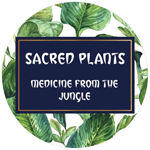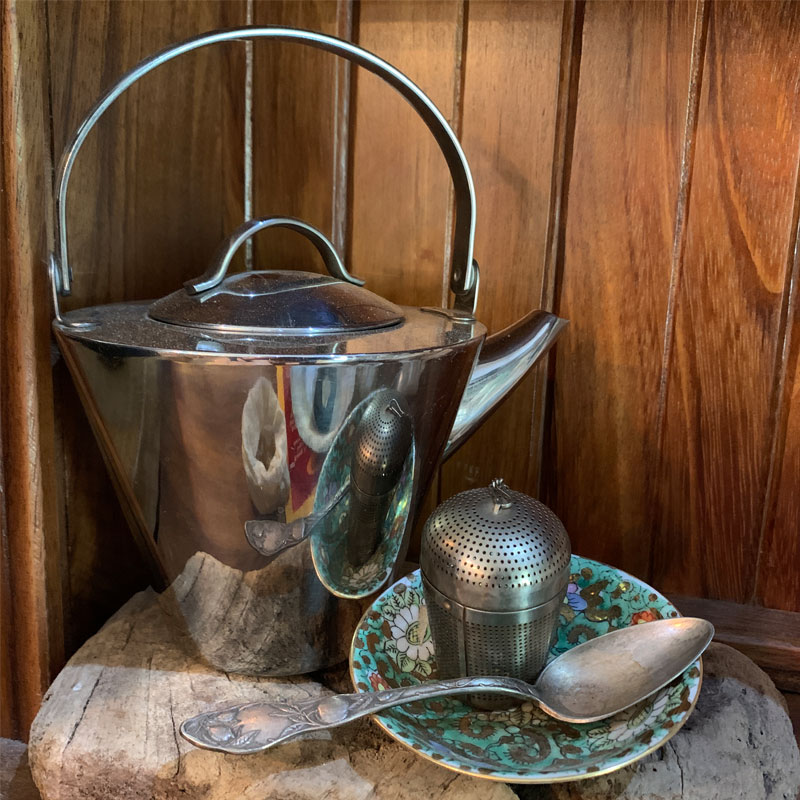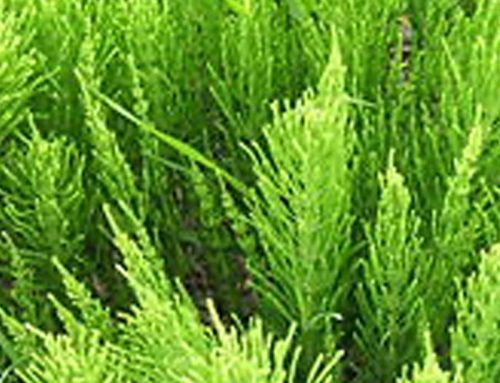- Fights flu
- Helps control blood sugar
- Aids healthy cell growth
- Reduces risk of breast cancer
- Helps manage anxiety
- Lowers blood pressure
- Reduces inflammation
What is Echinacea?
Echinacea is a plant whose roots and leaves have been traditionally used for medicinal purposes. Echinacea plants are also called “purple coneflower,” and three species of plants in the Echinacea classification are used as herbal supplements. Echinacea plants can be found in eastern and central North America as well as Europe.
Echinacea has been identified as having anti-inflammatory, antioxidant, and antiviral properties and as an immune-strengthening agent. This makes it a very popular herbal supplement that’s available in many commercial products. One of the common ways to use Echinacea is to drink it in a tea.
The amount of Echinacea tea you need to drink to reap its benefits varies depending on the tea itself and how strongly you brew it. Echinacea can also be found in liquid tincture, tablets, ointments, capsules, and extracts. It’s important to only buy Echinacea from a reputable and established company and to verify its quality. Sacred Plants Farmacy grows our own organically of course.
1. It fights the flu
For some of us, contracting the flu is simply an inconvenience, but for others it can actually be life-threatening. That’s why doctors recommend getting a yearly flu vaccine. Drinking Echinacea tea has been found to be effective in shortening the duration of your symptoms. Studies have shown that Echinacea can reduce the odds of developing a cold by 58 percent and reducing its duration by 1–4 days. Taking Echinacea regularly may also influence the flu vaccine to be more effective at staving off the disease, according to one study.
2. It helps control blood sugar
The antioxidant properties in Echinacea purpurea are unique. A 2017 study showed that Echinacea in your bloodstream can help keep your blood sugar from spiking if you’re diabetic or prediabetic. It can also keep your blood sugar from plummeting if you are hypoglycemic. It certainly isn’t a replacement for insulin therapy or other diabetes treatments, such as managing carbohydrates. But drinking Echinacea tea or consuming it in supplement form is one way that you can help control your blood sugar levels.
3. Aids healthy cell growth
Any herbal remedy or food that contains antioxidants can help repair your cells. Antioxidants destroy the toxins (free radicals) that age and damage the cells in our body prematurely. Because of the antioxidants in Echinacea, drinking Echinacea tea or taking a high-quality supplement can contribute to healthy cell growth in your body.
4. Potentially reduces risk of breast cancer
Echinacea is a good supplement for those that are seeking treatment for various types of cancer. Cancer treatments tend to weaken the immune system and kill off some of our healthy cells, so drinking Echinacea tea may help to counter some of those side effects.
Echinacea has also been studied as a treatment for cancer itself. The study concluded that Echinacea extracts slowed the growth of malevolent tumor cells, blocking the cancer’s ability to spread. Some might suggest that taking Echinacea is a good preventative measure for women with a family history of breast cancer. More research is needed to conclude that for sure.
5. Helps manage anxiety
Echinacea was tested as an antianxiety supplement and found to be effective. Echinacea extract helps regulate the synapses that aid communication between your body and brain. While it can’t turn off the “fear reflex” that people who have anxiety attacks experience, it can limit the physical effects of your fears and help you to feel calmer. Echinacea can be an excellent herb for those that battle with anxiety.
6. Lowers blood pressure
The research for Echinacea as a supplement to lower blood pressure is ongoing, but it’s also promising. It makes sense that an herb with high amounts of anti-inflammatory and antioxidant compounds could help blood pressure levels. Anxiety also plays into high blood pressure, so the effects of Echinacea contribute to controlling blood pressure in additional ways.
7. Reduces inflammation
Because of its clinically demonstrated anti-inflammatory properties, Echinacea has been suggested as a treatment for rheumatoid arthritis, ulcers, Crohn’s disease, and other conditions that are caused or worsened by inflammation. The biologically active compounds in Echinacea work with your body to keep its inflammation response down. This contributes to healing and relief for many inflammation-related issues.
Forms and dosages
Echinacea is available in at The Apothecary in tinctures, ointments, extracts, and, of course, tea. Four grams (two teaspoons) of dried Echinacea root boiled in eight ounces of water is considered a “serving” of Echinacea tea by the Mayo Clinic. Two to three servings per day are recommended to keep the immune system healthy; up to five servings are acceptable when you’re already sick.
If you’re taking Echinacea to help with blood sugar, blood pressure, or anxiety, a cup or two of tea per day should be enough to see results. You may also want to experiment with dried Echinacea root in its tablet form, which enables more control over how much Echinacea you actually.







